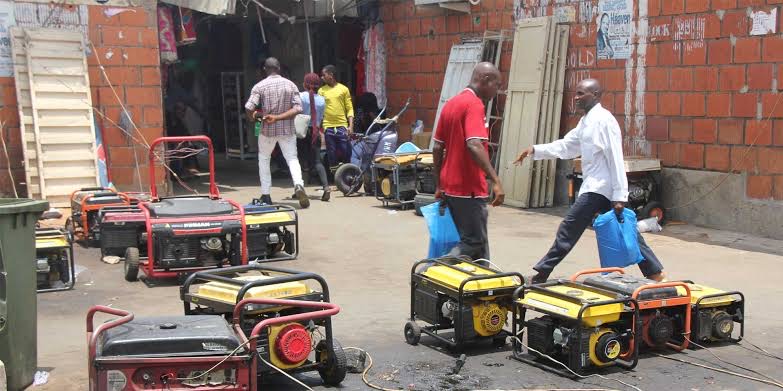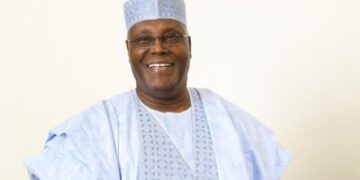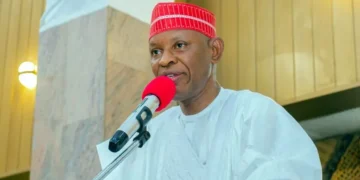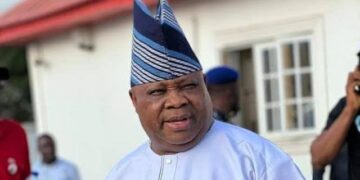According to the Federal Government, in 2023, Nigerians spent N16.5 trillion on diesel, petrol, and purchasing generators for self-generation. This is far below the N1 trillion revenue of the formal energy sector in the same year.
Minister of Energy, Adebayo Adelabu disclosed this information on Tuesday at the ongoing 2024 Nigeria Oil and Gas Conference. He stressed that there is a huge gap between spending on inefficient private generation and revenue from the national grid.
He said, “Our previous survey showed that a total of N16.5 trillion was spent on domestic generation in 2023. Even some industries are off-grid. They now get electricity from gas generators in the surrounding communities.”
So the expenditure of this off-grid sector is close to 20 trillion naira. The revenue of the entire industry, the grid, and the formal power sector, is just 1 trillion naira in 2023, which goes to the generation, transmission, and distribution companies. The formal revenue is just 1 trillion naira.

However, informal spending on generators, diesel, and petrol was closer to 4,444 naira. Adelabu emphasized the economic benefits of being connected to the grid, explaining that electricity from the grid is significantly cheaper than the alternative from generators.
For instance, 4,444 households in Band A of the national grid, which have a near-constant supply of electricity, pay 206 naira per kilowatt-hour (kWh), while those with petrol generators pay 450 naira per kWh and even more for diesel generators. “Those with petrol generators pay about 450 naira per kilowatt-hour. And for those with diesel generators, it is over 900 naira. So, this remains the cheapest, most efficient and cost-effective way for our productive activities,” the Minister explained.

The Minister also highlighted the important role of natural gas in Nigeria’s energy sector. Currently, gas covers about 60% of the country’s gas demand and is essential to achieve the country’s ambitious energy plan.
The plan aims to generate 30 gigawatts (GW) of electricity by 2030, of which 70% will come from gas and 30% from renewables, the Minister stressed.
At the meeting, Adelabu appealed to investors to consider investing in Nigeria’s gas sector, especially the untapped unassociated gas reserves. He highlighted recent government measures to make the energy sector more attractive to investors, such as cost-bearing tariffs and repayment of old debts.
The Minister expressed confidence in the Government’s efforts to create a viable and attractive energy sector for investment.































